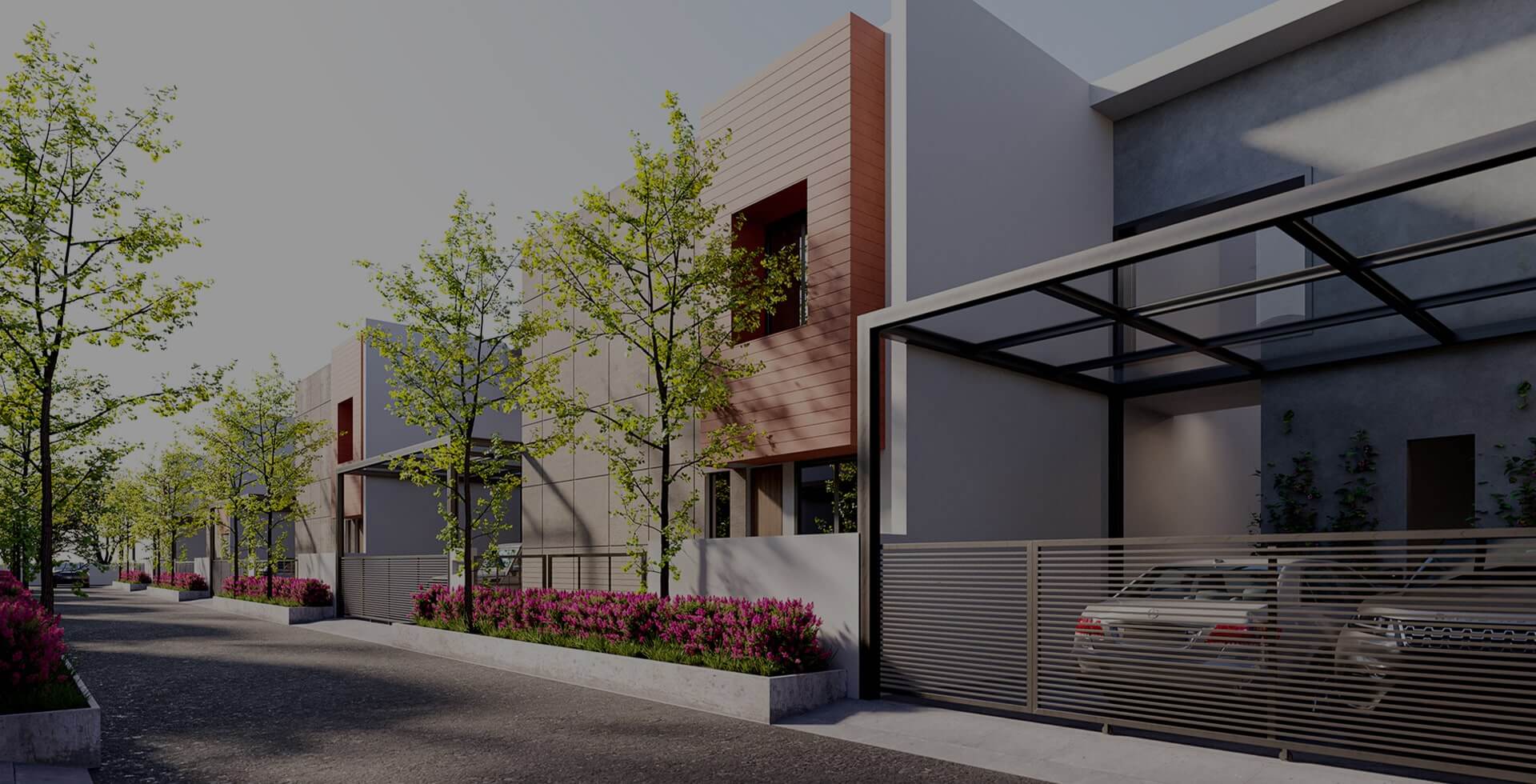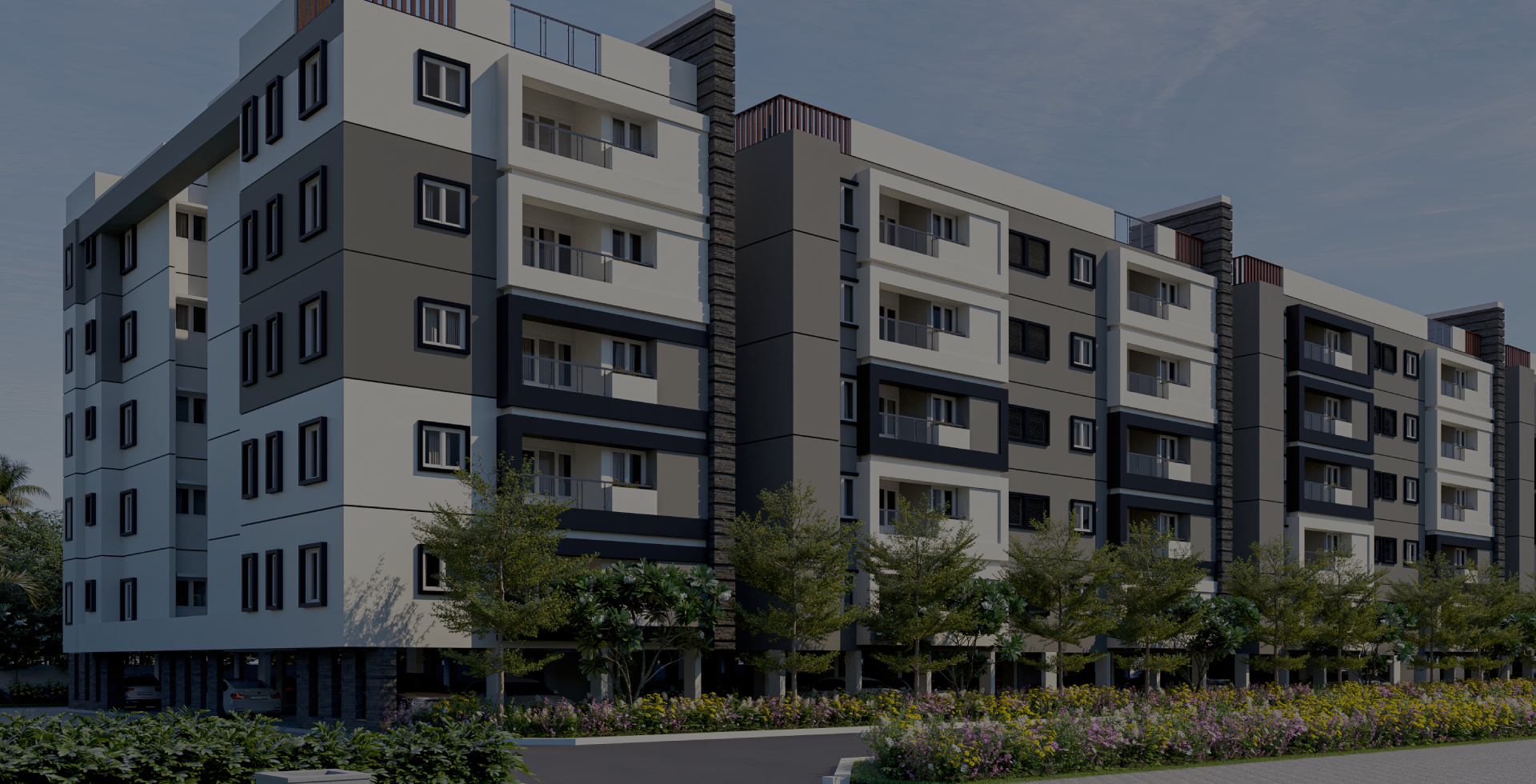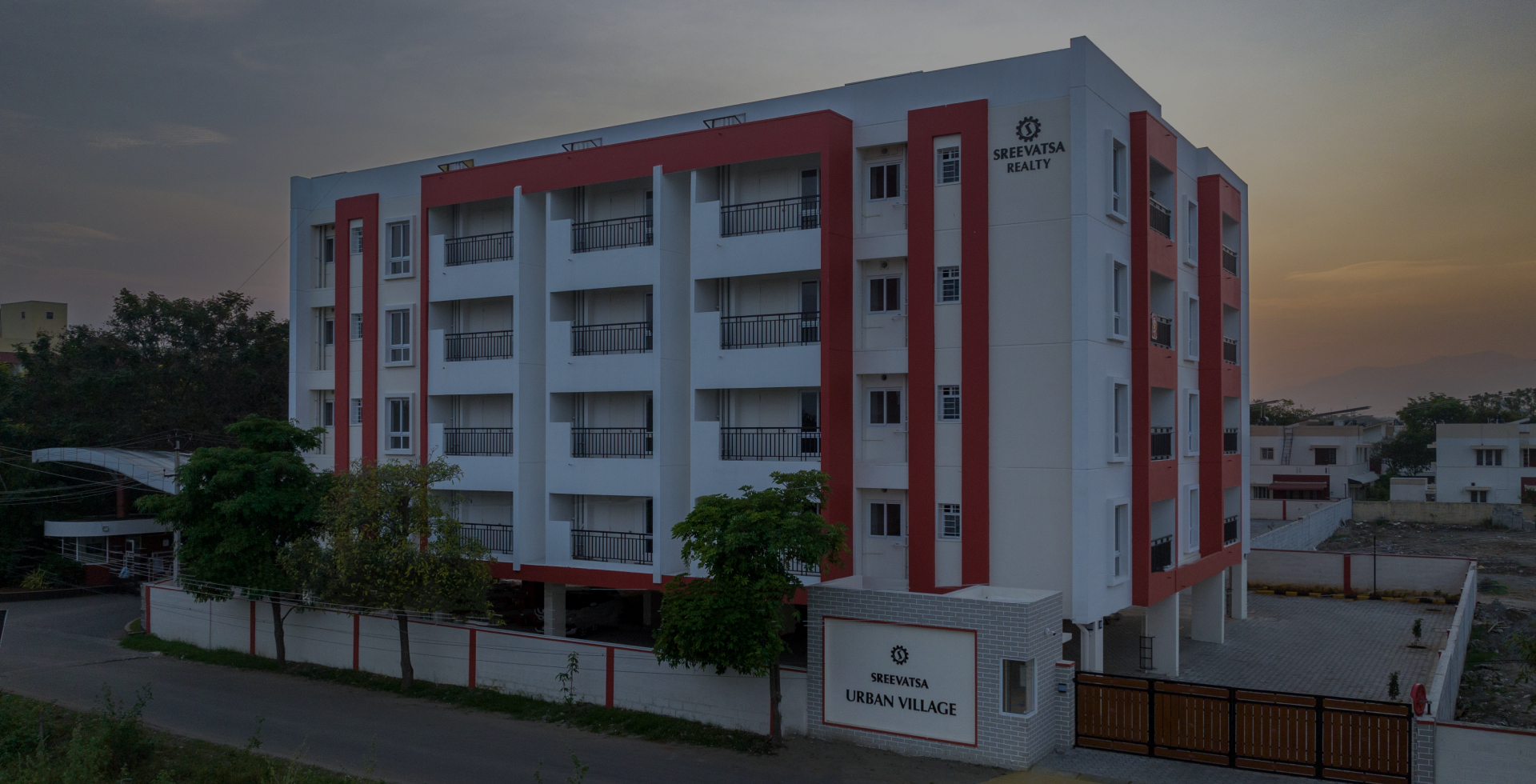Living on rent or buying a house? Do’s and Don’ts of investing in residential real estate: Manage Your Money
What’s better – living on rent or buying a house? Is home loan a viable option or is it wiser to accumulate wealth to buy in cash? FinancialExpress.com Manage Your Money talked about the advantages and disadvantages of both, about buyer protection laws, investment in real estate for rental income, among other areas related to putting one’s money in the residential properties. Indian mentality is typically around ‘roti, kapda aur makaan’ and that in ways, act as a psychological backstop when it comes to investing in residential real estate, Ramesh Ranganathan, CEO, K Raheja Corp Homes, said while speaking at FinancialExpress.com Manage Your Money.
“There are various merits of owning one’s own home. First, it brings in a systematic discipline towards investing over a period of time. And if invested smartly, the right kind of project also acts as an inflation hedge. So I strongly believe that owning an asset is something one should start early in their career,” he said.
While that’s true for most Indians, according to Magicbricks’ India Rental Housing Update, total rental housing demand (searches) in 13 Indian cities jumped by about 15.8 per cent quarter on quarter (QoQ) and 6.7 per cent year on year (YoY), while the cumulative rental housing supply (listings) increased 30.7 per cent QoQ and 101.5 per cent YoY across the cities mapped, during January-March 2022. “Buying a house is a long commitment and renting gives you a cushion till the time you reach a stage where you can enter into that commitment,” said Amarendra Sahu, Co-founder & CEO, NestAway Technologies Pvt Ltd.
Read More: Rental housing demand in Indian cities grew 15.8% QoQ in Q1, 2022: Report
Investing in residential real estate vs renting a home has been an ongoing debate for years now, but a do(s) and don’t(s) list of real estate investment seems like the right way to go about it.
When one is looking to buy a home, they need to look at their ‘disposable income so that it doesn’t become a stress’ for the buyers. Amarendra Sahu added, “Buying a home is an anchor experience. I would say pace yourself; when you are going to buy a house and ensure that you have enough liquidity.” However, as Ramesh Ranganathan asserted, today’s generation has more disposable income and they are being able to invest in real estate much earlier than what the earlier generations did.
“From a financial planning point of view, we recommend that EMIs should be limited to 30 per cent of your take-home income. If you are going for 50 per cent or 60 per cent, your other important financial goals get impacted. Also, go for 30-40 per cent down payment,” said Mrin Agarwal, Founder Director, Finsafe India Pvt Ltd. Besides streamlining this, one needs to look at the location of the property, the accessibility of the property to basic public conveniences, the builder one is buying into, how well the society is managed, if its a heterogeneous society, etc. while making the final investment decision. Also, post the pandemic, buyers have started looking at bigger spaces and also green open spaces around the properties. “The value of space is truly being appreciated now and also, offering the urban forest experience is the effort that is genuinely being made by the developer communities today,” said Ramesh Ranganathan.
Once you are clear about the kind of investment you want to make, where you want to live, etc., a major tick mark that one needs to look at is the due diligence documentation. “I do not agree with the mindset wherein people feel that it is safe to invest in a property once the bank has already sanctioned the loan on it. There are various other factors to be considered while buying a home,” said Mrin Agarwal. Further, it is also very important to have insurance aligned with your home loan, in case one is going for a loan. “Indians are mostly un-insured and they look at buying insurance as an added expense, especially when they are buying it for loan purposes,” she added.
Once you have invested in a property, one needs to set the right kind of returns expectations from the same. “Do not expect 25 per cent kind of returns in residential real estate because that’s not happening, given the rental yields and capital appreciation,” said Mrin Agarwal. Adding to the same, Ramesh Ranganathan maintained that if one is looking at investing in residential real estate for rental income, it’s wiser to invest in commercial real estate instead.
“There are various merits of owning one’s own home. First, it brings in a systematic discipline towards investing over a period of time. And if invested smartly, the right kind of project also acts as an inflation hedge. So I strongly believe that owning an asset is something one should start early in their career,” he said.
While that’s true for most Indians, according to Magicbricks’ India Rental Housing Update, total rental housing demand (searches) in 13 Indian cities jumped by about 15.8 per cent quarter on quarter (QoQ) and 6.7 per cent year on year (YoY), while the cumulative rental housing supply (listings) increased 30.7 per cent QoQ and 101.5 per cent YoY across the cities mapped, during January-March 2022. “Buying a house is a long commitment and renting gives you a cushion till the time you reach a stage where you can enter into that commitment,” said Amarendra Sahu, Co-founder & CEO, NestAway Technologies Pvt Ltd.
Read More: Rental housing demand in Indian cities grew 15.8% QoQ in Q1, 2022: Report
What’s the right time and right way to invest in residential real estate?
Investing in residential real estate vs renting a home has been an ongoing debate for years now, but a do(s) and don’t(s) list of real estate investment seems like the right way to go about it.
Right time of investment
When one is looking to buy a home, they need to look at their ‘disposable income so that it doesn’t become a stress’ for the buyers. Amarendra Sahu added, “Buying a home is an anchor experience. I would say pace yourself; when you are going to buy a house and ensure that you have enough liquidity.” However, as Ramesh Ranganathan asserted, today’s generation has more disposable income and they are being able to invest in real estate much earlier than what the earlier generations did.
Right kind of investment
“From a financial planning point of view, we recommend that EMIs should be limited to 30 per cent of your take-home income. If you are going for 50 per cent or 60 per cent, your other important financial goals get impacted. Also, go for 30-40 per cent down payment,” said Mrin Agarwal, Founder Director, Finsafe India Pvt Ltd. Besides streamlining this, one needs to look at the location of the property, the accessibility of the property to basic public conveniences, the builder one is buying into, how well the society is managed, if its a heterogeneous society, etc. while making the final investment decision. Also, post the pandemic, buyers have started looking at bigger spaces and also green open spaces around the properties. “The value of space is truly being appreciated now and also, offering the urban forest experience is the effort that is genuinely being made by the developer communities today,” said Ramesh Ranganathan.
Right way of investing
Once you are clear about the kind of investment you want to make, where you want to live, etc., a major tick mark that one needs to look at is the due diligence documentation. “I do not agree with the mindset wherein people feel that it is safe to invest in a property once the bank has already sanctioned the loan on it. There are various other factors to be considered while buying a home,” said Mrin Agarwal. Further, it is also very important to have insurance aligned with your home loan, in case one is going for a loan. “Indians are mostly un-insured and they look at buying insurance as an added expense, especially when they are buying it for loan purposes,” she added.
Right expectations from the investment
Once you have invested in a property, one needs to set the right kind of returns expectations from the same. “Do not expect 25 per cent kind of returns in residential real estate because that’s not happening, given the rental yields and capital appreciation,” said Mrin Agarwal. Adding to the same, Ramesh Ranganathan maintained that if one is looking at investing in residential real estate for rental income, it’s wiser to invest in commercial real estate instead.





